April first is historically a day to honor brilliant minds who have shared their genius with the world. So many of these have contributed their opinions on Apple over the years that there's not even enough space on the Internet to acknowledge all of their meaty chunks of cerebral output, but here are a few nuggets of wisdom from the tech sector's most elite thinkers.
Michael Dell on Apple "shutting it down," paying shareholders
"What would I do? I'd shut it down and give the money back to the shareholders." - Michael Dell, founder and CEO of Dell offering his opinion on what could be done to fix Apple at the Gartner Symposium in 1997.
Dell was virtually prescient. Over the next 14 years, Steve Jobs did indeed "shut it down," wiping out one segment of the consumer electronics industry after another and generating such a pile of cash that his successor Tim Cook was essentially forced to literally "give the money back to the shareholders."
Apple's market cap in 1997 was $2.3 billion. In February 2014, Apple distributed $2.6 billion to shareholders, an amount it now distributes four times per year without making an apparent dent in the company's vast cash holdings that are now above $160 billion.
There will be more cash to give away for some time. In fiscal 2013, Apple earned $37 billion on $171 billion of revenue. Dell earned $3 billion on revenues of $57 billion. Dell currently pays 32 cents per share, while Apple pays out $12.20 per share each year. Clearly, if Dell were running Apple he'd have far more money to give back to shareholders.
David Goldstein on Apple "turning out the lights" in retail
"I give them two years before they're turning out the lights on a very painful and expensive mistake." - David Goldstein, former president of retail sector analysis firm Channel Marketing Corp, describing the prospects of Apple Retail in 2001.
Goldstein's finger on the pulse of retail, particularly Apple's, today appears to have been breathtakingly accurate. Apple entered retail operations in 2001 and within its first two years it began turning out the lights on all consumer electronics competitors in the direct retail business, from Sony Style to Palm to Gateway.
By 2004, Gateway had shut down all of the retail stores in its "very painful and expensive mistake" of opening stores in rural settings and mall parking lots. It did, however take another four years for Palm to follow suit.
Microsoft is still investing in expensive real estate but its stores do not actually appear to be used for "retail," instead functioning primarily as box offices to free concerts. Meanwhile, Samsung is focusing on copying Apple's paleo-retail strategy of partnering with Best Buy to erect themed tables in genius-free settings.
Today Apple's nearly 420 retail outlets each generate on average around $11 million in quarterly revenues per store, and the company has plans to open over 30 new stores worldwide and remodel 20 existing locations within fiscal 2014.
By itself, Apple Retail generated $7 billion in revenue in Q1 2014, which is more than the entire company generated throughout all of 2001 ($5.36 billion). So just by itself, Apple Retail is now four times bigger than Apple Computer was when it launched iPod.
Bill Gates on failing to wish Microsoft had done anything like Apple's iPad
"It's not like I sit there and feel the same way I did with iPhone where I say, 'Oh my God, Microsoft didn't aim high enough.' It's a nice reader, but there's nothing on the iPad I look at and say, 'Oh, I wish Microsoft had done it.'" - Bill Gates, a philanthropist who got rich selling Apple software, responding to Apple's iPad launch in 2010.
Gates is famously known for selling AppleSoft BASIC, acquiring the suite of applications his company would later market as Office for Apple's Macintosh and then duplicating the Mac as a suite of DOS applications called Windows, which could also run Office programs, including excel.exe.
However, after Gates stepped down as chief executive at Microsoft in 2000, the software knockoff firm he founded lost its keen ability to successfully copy everything Apple did, and instead began tumbling into irrelevance. Windows Longhorn failed to clone the compositing graphics engine of OS X across the entire first half of the 2000s before finally appearing as "Windows Vista," a software product now notorious for being hated by the public.
Wildly desperate efforts by Microsoft to copy Apple's iPod and iPhone also ended up as disastrous public embarrassments. However, when Steve Jobs launched Apple's new iPad in 2010, Gates knew from the start that trying to copy such a hardware device would be incredibly foolish for a company that had only ever failed spectacularly in its efforts to deliver mobile hardware.
Gates keen insight in "not wishing" that Microsoft had developed the iPad helped to spare the company from another disastrous "Zune" or "KIN," which might have been fatal, especially considering the financial hardship the company was already enduring from the spectacular failure of Surface, a netbook that could disassemble itself into a paperweight and an expensive, rubbery keyboard.
Gates' company has now returned to its 1970s roots in writing software that works on Apple devices, just like Apple's own software that comes bundled with iOS and Mac devices, for free.
John Dvorak on iPad, iPhone, iPod, iTunes and Macintosh
"The tablet market has only succeeded as a niche market over the years and it was hoped Apple would dream up some new paradigm to change all that. From what I've seen and heard, this won't be it." - John Dvorak on iPad in 2010.
"I'm looking at this thing and I think it's kind of trending against what people are really liking in phones nowadays, which are those little keypads - the BlackJack from Samsung, the BlackBerry obviously, kind of pushes this thing, the Palm... but I think Apple can do wrong and I think this is it." - John Dvorak on iPhone in 2007.
"Moving from computers to consumer electronics is dangerous for Apple. It's especially dangerous if the company thinks that MP3 players and its variants are the future..." "What's more, [Phi] Schiller added, the iPod is an 'ecosystem!' It's hard to stomach all this nonsense." - John Dvorak on iPod and iTunes in 2004.
"The Macintosh uses an experimental pointing device called a 'mouse'. There is no evidence that people want to use these things." - John Dvorak on Macintosh in 1984.
Dvorak has been a veritable Schrödinger's cat throughout his career, cooped up in a box isolated from any outside influence of reality. His possible exposure to some sort of toxic experiment has created a quantum paradox where Dvorak is perpetually both writing and wronging at the same time, an uncertainty that must be seen to be believed.
From his early "dinosaur" days in foretelling far in advance that some 30 years after the Macintosh most people would want to return to the mouseless computing experience of iOS; to his more recent predictions that Apple would be "dangerous" as a consumer electronics vendor; that BlackBerry would end up victorious in its lawsuit against "little keypad" case vendor Typo seven years before anyone else had even conceived of Typo as a product; to his transparently honest confession that what he's "seen and heard" led him agree with Bill Gates that Apple's tablet might only be good for selling apps, Dvorak's prolific output literally smarts when you read it.
 Daniel Eran Dilger
Daniel Eran Dilger
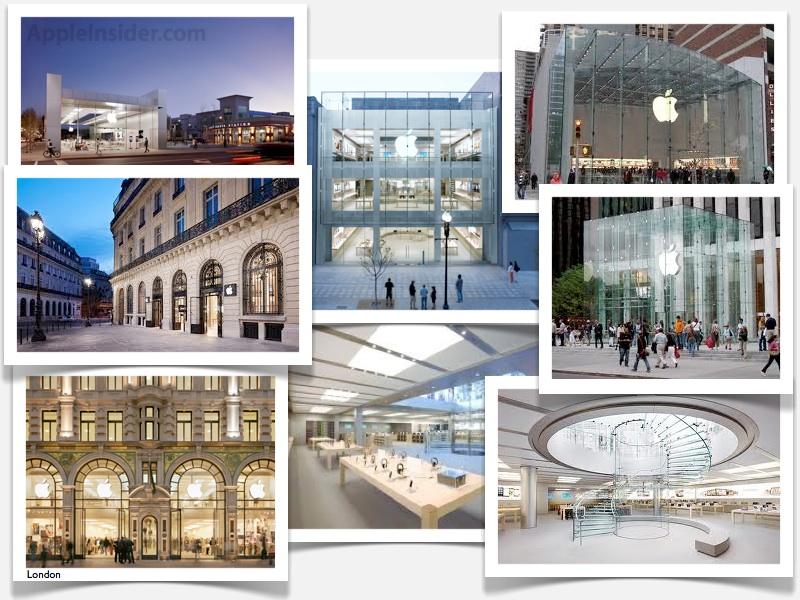
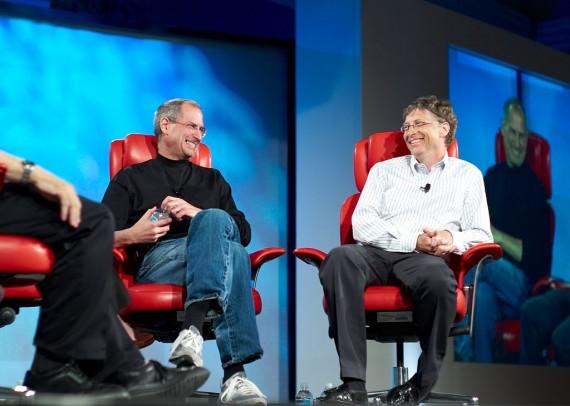
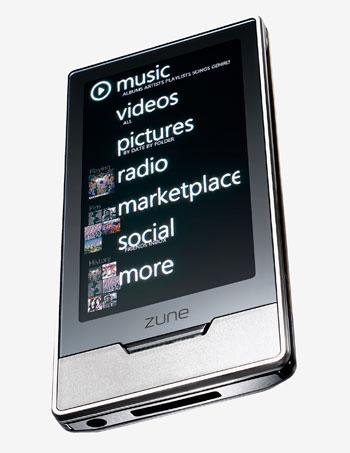
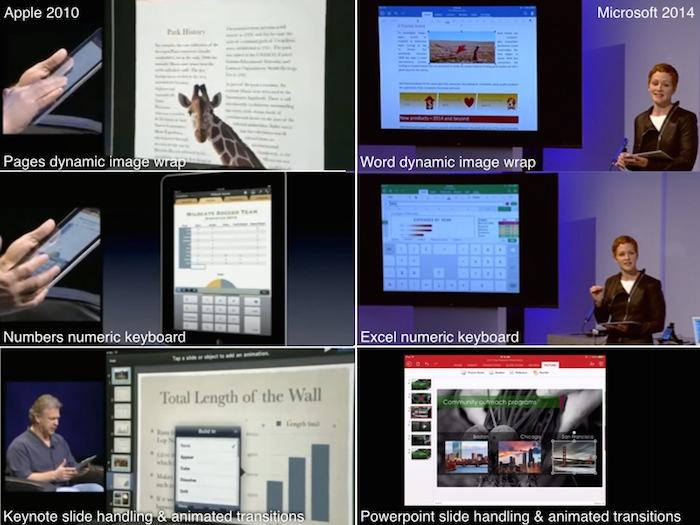
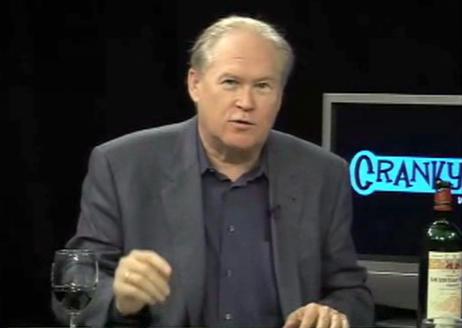






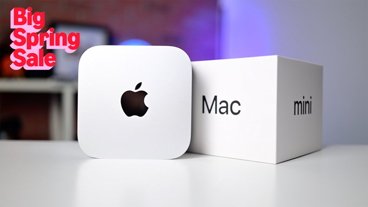
-m.jpg)





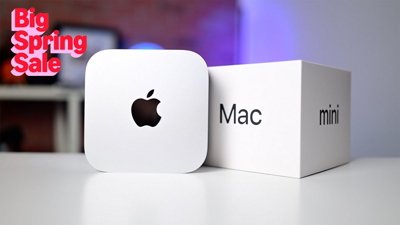
 Christine McKee
Christine McKee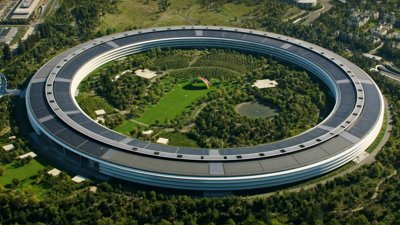
 Wesley Hilliard
Wesley Hilliard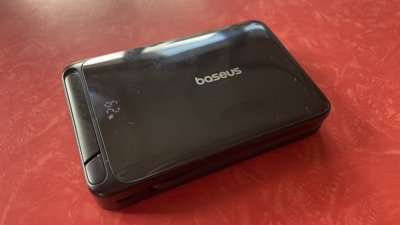
 Thomas Sibilly
Thomas Sibilly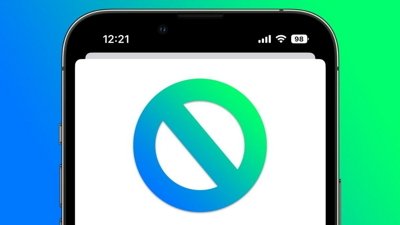
 Marko Zivkovic
Marko Zivkovic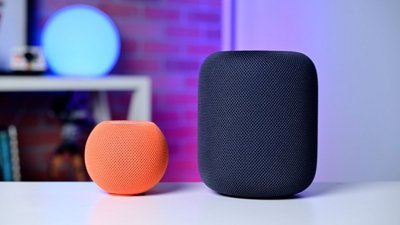
 Andrew O'Hara
Andrew O'Hara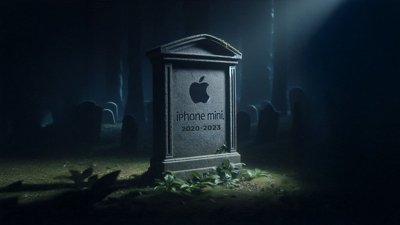
 Amber Neely
Amber Neely
 William Gallagher
William Gallagher









106 Comments
Congratulations on an article which is the very definition of sarcasam. Good read.
Great ! Where do these people hide ? Do they still dare making other similar predictions ?
Lol love it
My sarcasmometer went to 11 and exploded !!!
A Schodinger's Cat, disconnected from reality, in a state of writing and wronging at the same time... a modern day Shakespearean insult.